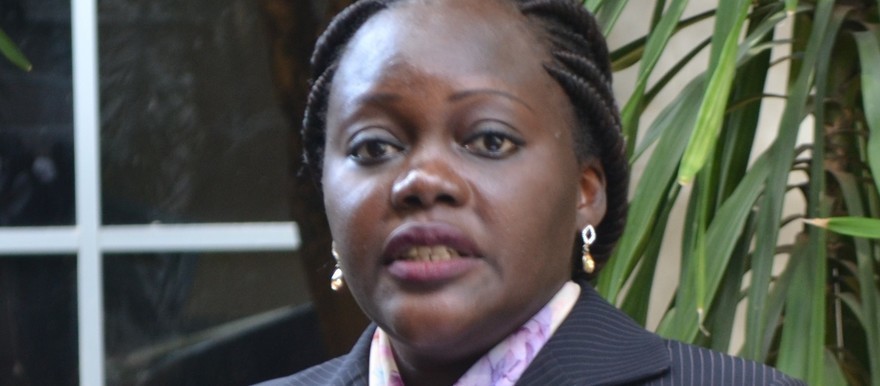South Sudan’s government is in advanced talks with African Export-Import Bank for a loan of $250 million to cushion the economy from the negative impact of Covid-19.
African Export-Import Bank, also referred to as Afreximbank, is a pan-African multilateral trade finance institution created in 1993 under the auspices of the African Development Bank.
Its purpose is the financing, promoting and expanding of intra-African and extra-African trade.
Lily Albino Akol Akol, Deputy Minister of Agriculture and Food Security, said the government is in the final stages of sealing a deal with the bank, affirming that the loan will be used to bridge the deficit in the country’s revenues created by the pandemic effect on the economy.
The deputy minister made the statement in Juba on Monday after a presentation made by Finance Minister Salvatore Garang Mabiordit during the economic cluster meeting.
“In principle, Afreximbank agreed to continue with the process of finalizing the loan provided that the government of South Sudan goes through the right procedures. The minister also presented the priorities of the government to be funded through this loan, but most importantly, mitigation of the negative impact on the economy brought about by Covid-19,” she said.
The deputy minister disclosed that the economic cluster has given the green light to the finance minister to continue negotiating with the bank to secure the loan.
“However, it formed a six-member committee from the economic cluster to be headed by the minister of housing. And the committee will look into the priorities of the government and make sure that the priorities are to be funded by this loan,” she said.
“So we will look at the implementation of the peace agreement, the fight against Covid-19, and food security in terms of availability of necessary commodities in the market as well as agricultural production,” she added.
Last week, South Sudan’s central bank announced that it has run out of foreign exchange reserves and can no longer stop the pound’s depreciation in the country.
The government gets almost all of its revenue from crude oil, but current output, at about 180,000 barrels per day (bpd), has plummeted from a peak of 250,000 bpd before the outbreak of conflict in 2013, according to official figures.




